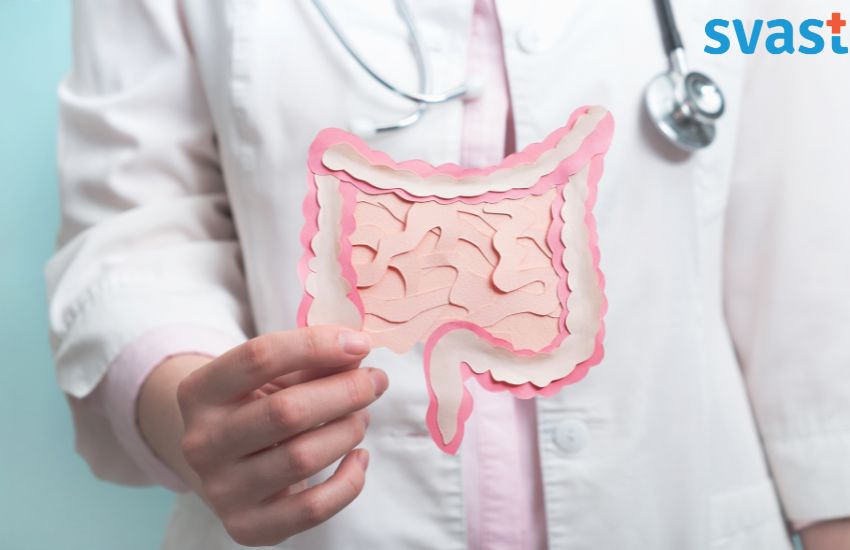2023 CPT Changes for Gastroenterology

Colorectal Cancer Screening
For CY 2023, we are finalizing, as proposed, two updates to expand our Medicare coverage policies for colorectal cancer screening in order to align with recent United States Preventive Services Task Force and professional society recommendations.
- First, we are expanding Medicare coverage for certain colorectal cancer screening tests by reducing the minimum age payment and coverage limitation from 50 to 45 years.
- Second, we are expanding the regulatory definition of colorectal cancer screening tests to include a complete colorectal cancer screening, where a follow-on screening colonoscopy after a Medicare covered non-invasive stool-based colorectal cancer screening test returns a positive result.
A functional outcome of our policy for a complete colorectal cancer screening will be that, for most beneficiaries, cost sharing will not apply for either the initial stool-based test or the follow-on colonoscopy. Both of these policies reflect our desire to expand access to quality care and to improve health outcomes for patients through prevention and early detection services, as well as through effective treatments. Our revised colorectal cancer screening policies directly advance our health equity goals by promoting access for much needed cancer prevention and early detection in rural communities and communities of color that are especially impacted by the incidence of colorectal cancer. Our policies also directly support President Biden’s Cancer Moonshot Goal to cut the death rate from cancer by at least 50 percent over the next 25 years and addresses his recent proclamation of March 2022 as National Colorectal Cancer Awareness Month.
New esophagogastroduodenoscopy code:
A new code, 43290, describes esophagogastroduodenoscopy (EGD) with the deployment of an intragastric bariatric balloon. For the removal of the intragastric bariatric balloon(s) by EGD, use new code 43291.
There are three new codes in the integumentary system section that could affect your practice, plus one deletion and one revision.
New mesh code:
- 15778 (Implantation of absorbable mesh or other prosthesis for delayed closure of defect(s) (ie, external genitalia, perineum, abdominal wall) due to soft tissue infection or trauma).
Two new suture codes:
- +15853 (Removal of sutures or staples not requiring anesthesia (List separately in addition to E/M code))
- +15854 (Removal of sutures and staples not requiring anesthesia (List separately in addition to E/M code))
Suture changes to note:
- 15850 has been deleted (Removal of sutures under anesthesia (other than local), same surgeon)
- 15851 has been revised to state “Removal of sutures or staples requiring anesthesia (ie, general anesthesia, moderate sedation).”
Changes to hernia repair codes
There are extensive changes to the hernia repair codes for abdominal hernias which include epigastric, incisional, ventral, umbilical, and spigelian hernias. Eighteen codes were deleted and replaced with 15 new codes. Introductory guidelines and parentheticals are also added. The new code family includes any approach because these procedures can be performed using a combination of approaches in a hybrid model. Select these codes based on whether the procedure is initial or recurrent, reducible, incarcerated, or strangulated, and the total defect size:
- Codes 49591-49596 are for the initial procedure.
- Codes 49614-49618 are for recurrent abdominal hernia repairs.
- Codes 49621 and 49622 describe the repair of a parastomal hernia.
All the new procedures include mesh implantation. If during the procedure noninfected mesh is removed, report add-on code 49623 in addition to the code for the hernia repair. This new add-on code can only be reported with codes 49591-49622.
- Codes 43290 and 43291 describe an esophagogastroduodenoscopy with the deployment or removal of an intragastric bariatric balloon.
- Codes 49591-49596 and 49613-49618 describe the repair of an anterior abdominal hernia, including the implantation of mesh or another prosthesis.
- Codes 49621-49623 describe the repair of a parastomal hernia, including the implantation of mesh or other prosthesis or the removal of a non-infected mesh or prosthesis (49623).
- All 18 deleted codes in this section describe the repair of various types of hernias.
Trusted RCM and billing partner for physician practices and hospitals. Billed $1B+ over past 20 years for 100+ clients.
